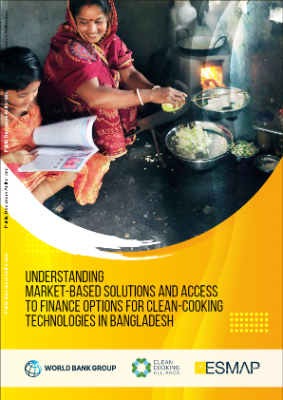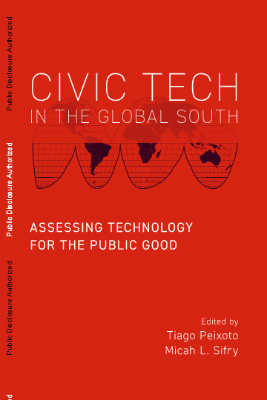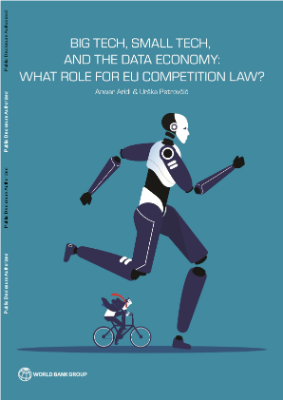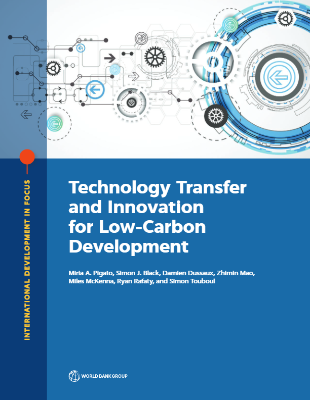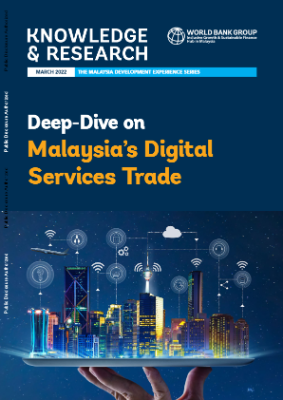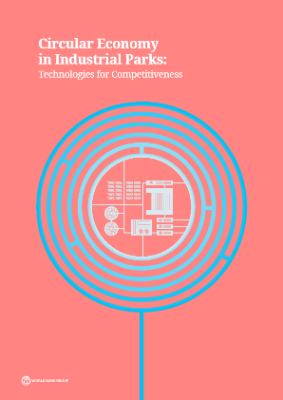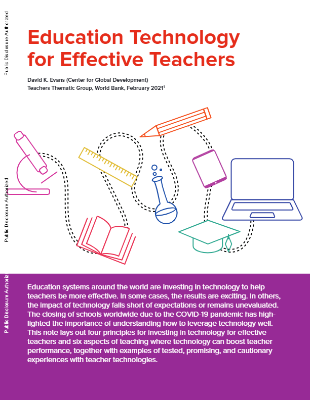Together with air pollution, exposure to smoke from open fires during the burning of inefficient fuels – the primary means of cooking and heating for nearly three billion people in the developing world – causes almost 4 million premature deaths annually and contributes to a range of chronic illnesses and other acute health impacts such as early-childhood pneumonia, emphysema, cataracts, lung cancer, bronchitis, cardiovascular disease, and low birth weight.
About 82 percent of Bangladesh’s population relies on traditional mud stoves and solid fuel such as wood, coal, dry leaves, and crop residue for cooking. The burning of plant or animal material used as fuel (biomass) leads to environmental degradation from increased pressure on natural resources and forces people, especially women and children, to spend many hours every week collecting wood and other biofuel materials. Additionally, inefficient cooking produces greenhouse gas emissions, such as carbon dioxide and methane, and aerosols such as black carbon, contributing to adverse climate change. The burning of solid fuel also puts a strain on animal life in the region and on other natural resources.
Women and young children spend a significant amount of time near cooking areas, inhaling pollutants from traditional stoves. Women who use traditional stoves are particularly vulnerable to high levels of exposure to household air pollution (HAP): they are twice as likely to develop chronic obstructive pulmonary disease (COPD) than women who use cleaner stoves.
Given the severity of the health and environmental problems associated with the overuse of biomass, several development partners and donor organizations have been working in Bangladesh with the government to promote cleaner, more efficient cooking solutions. Initiatives date back to the Bangladesh government’s efforts to develop improved cookstoves (ICSs) during the 1970s and 1980s. Subsequently, NGOs such as Village Education Resource Center (VERC), German Corporation for International Cooperation (GIZ), and Grameen Shakti started to popularize ICS technology and other clean-cooking solutions such as biogas. These efforts gained further momentum when Infrastructure Development Company Limited (IDCOL) launched its “ICS Program” in 2013.
